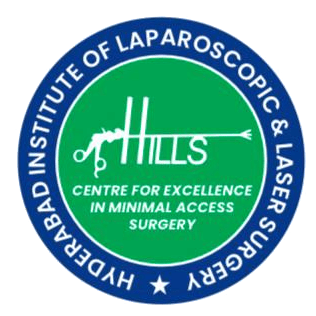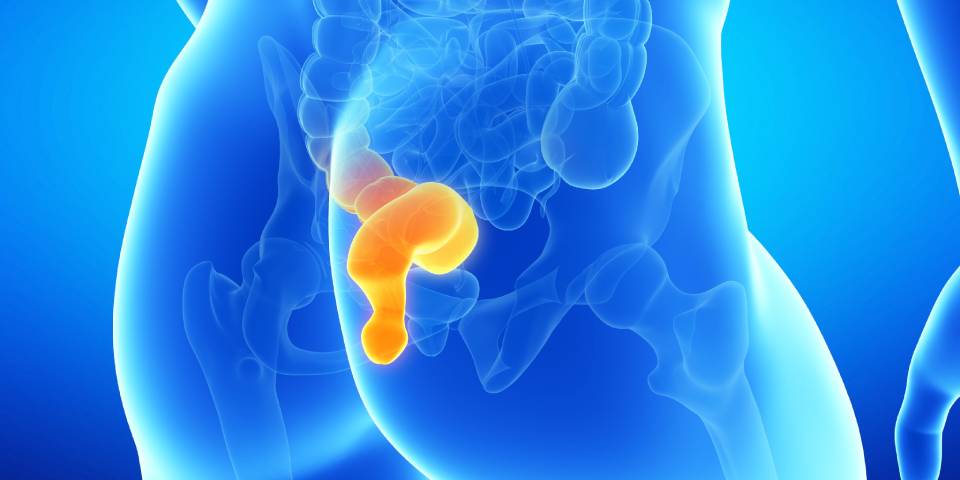Anorectal diseases can be uncomfortable and challenging to discuss, but they are more common than you might think. Dr. N Subrahmaneswara Babu, an esteemed expert in the field of Surgical Gastroenterologist in Hyderabad , brings forth a wealth of knowledge to help individuals effectively manage anorectal diseases. In this comprehensive guide, we will explore various aspects of anorectal conditions and delve into practical strategies for effective management.
Demystifying Common Anorectal Diseases:
- Hemorrhoids: Swollen veins around the anus, causing pain, itching, and bleeding.
- Anal fissures: Small tears in the anal lining, leading to pain and bleeding during bowel movements.
- Fistulas: Abnormal connections between the anus and surrounding tissues, causing drainage and pain.
- Perianal abscesses: Pus-filled lumps near the anus, resulting from infections.
- Pruritus ani: Itchy, irritated anal area, often caused by hygiene, allergies, or skin conditions.
Diagnostic Approaches:
Accurate diagnosis is crucial for tailoring a successful treatment plan. Dr. Babu walks readers through the diagnostic process, highlighting the importance of medical history, physical examinations, and, when necessary, advanced imaging techniques. Understanding the root cause is paramount to crafting a personalized and effective management strategy.
Holistic Management Strategies:
Dr. Babu advocates for a holistic approach to anorectal disease management. This includes lifestyle modifications, dietary changes, and simple yet effective self-care practices. From maintaining proper hygiene to incorporating fiber-rich foods, readers will learn how to make positive changes that can alleviate symptoms and promote long-term well-being.
Medical Interventions:
In more critical situations, medical interventions may become essential. Dr. Babu sheds light on the diverse treatment alternatives accessible, ranging from bariatric surgery and GI cancer surgery to gallstone surgery, encompassing topical medications and minimally invasive procedures. His expertise ensures that readers are well-informed about the potential benefits and risks associated with each intervention, empowering them to make informed decisions about their health.
Surgical Solutions:
In cases where conservative measures and medical interventions are insufficient, surgical options become crucial. Dr. Babu discusses different surgical procedures, explaining their purposes, outcomes, and recovery processes. His expertise in this area ensures that readers are well-prepared and informed should surgical intervention be recommended.
Effective Management Strategies:
- Lifestyle Modifications:
- Increase fiber intake for softer stools.
- Drink plenty of water to avoid constipation.
- Maintain good hygiene with gentle wipes and warm baths.
- Avoid straining during bowel movements.
Dietary Adjustments:
- Reduce processed foods, refined carbohydrates, and spicy foods that can irritate the anus.
- Consider adding probiotics and yogurt to promote gut health.
Topical Treatments:
- Over-the-counter creams and ointments can soothe pain and itching.
- Sitz baths with warm water and Epsom salts can provide relief.
Medical Interventions:
- Rubber band ligation for hemorrhoids.
- Nitroglycerin or botox injections for fissures.
- Surgery for fistulas and abscesses.
Patient Stories and Testimonials:
To add a personal touch, Dr. Babu includes real-life patient stories and testimonials throughout the guide. These anecdotes not only provide reassurance to those facing anorectal diseases but also underscore the effectiveness of the strategies and interventions recommended by Dr. Babu.
Conclusion:
Dr.N.Subrahmaneswara Babu’s guide on managing anorectal diseases is a valuable resource for anyone seeking comprehensive information on these conditions. By combining medical expertise with practical advice, Dr. Babu ensures that readers are empowered to take charge of their health and navigate the challenges of anorectal diseases effectively.

